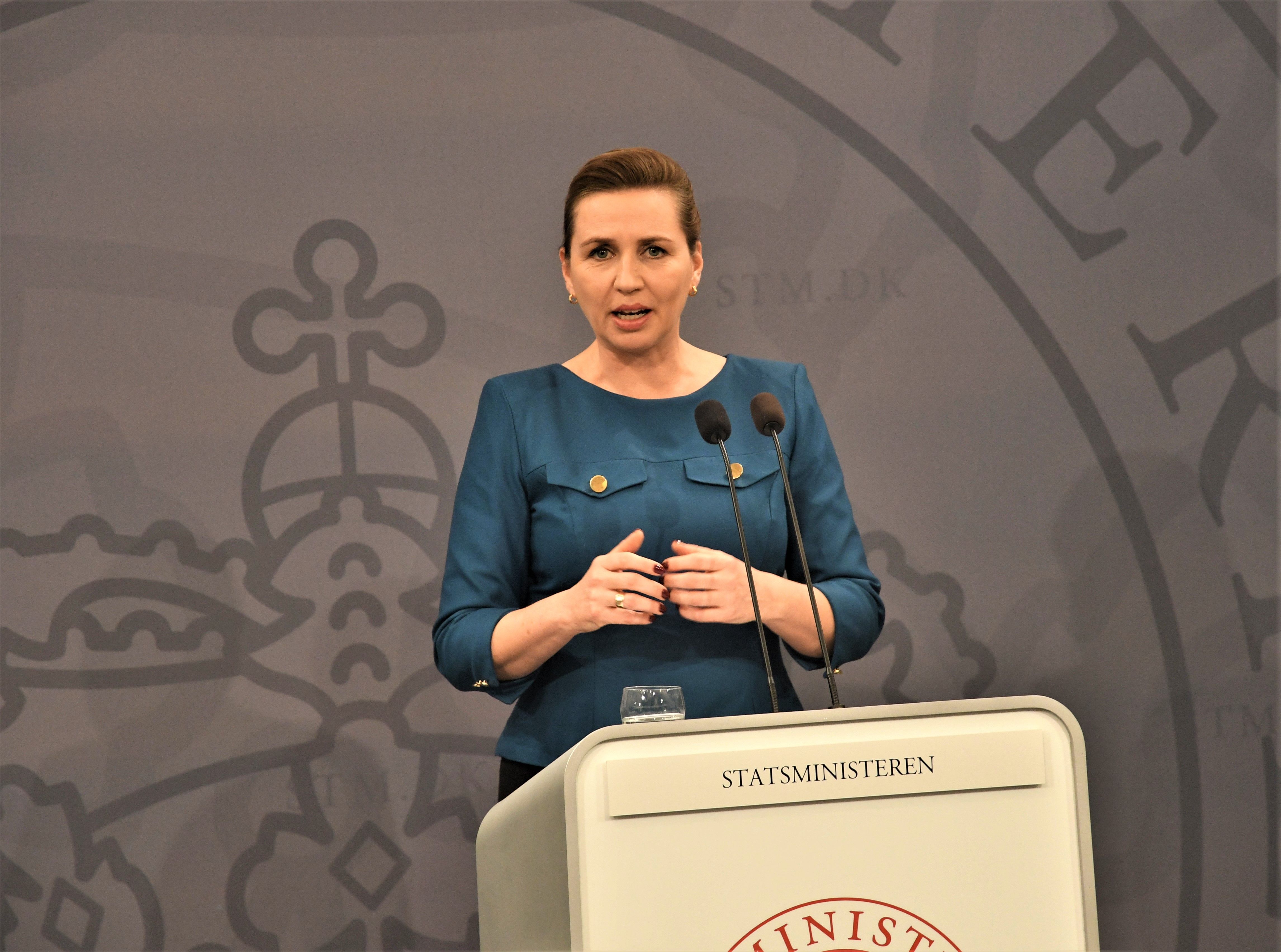Between early March and early April 2020 the popularity of PM Mette Frederiksen doubled from just below 40 to just under 80 percent in the wake of her decisive action to call a corona lockdown – well in advance of most countries.
Today her approval rate stands at 33 percent, according to Epinion, which isn’t disastrous – many world leaders have experienced far worse ratings.
But a closer look at the figures reveals an alarming truth: for the first time since her premiership began in June 2019, more people – 39 percent of the adult population – think she is doing a bad job.
Furthermore, just 17 percent think she is the best choice to be PM – down from 29 percent three months ago – although that still places her five percentage points ahead of Moderaterne leader Lars Løkke Rasmussen, the foreign minister.
READ ALSO: PM’s popularity at an all-time low
Reflects government’s difficult but vital decisions
Broken down, the Epinion survey on behalf of DR and the Altinget found that 72 percent had an opinion, 25 percent thought she was neither doing well nor badly, 3 percent did not know, and 2 percent did not answer.
Christian Rabjerg Madsen, the political spokesperson for Frederiksen’s own party Socialdemokratiet, did not think it was a reflection of the PM or the government being at fault – but merely the high cost of living and overall uncertainty about the future.
“The measurements are not that important at the moment. We have been in government for 100 days and what is crucial is that we have made difficult decisions. I think you can see that in the numbers,” he said.
“You just have to remember that it is the difficult decisions we make today that enable us tomorrow to invest in our welfare society, invest in reducing waiting lists and invest in a welfare society that gets better and not worse as we grow older and have more children.”














